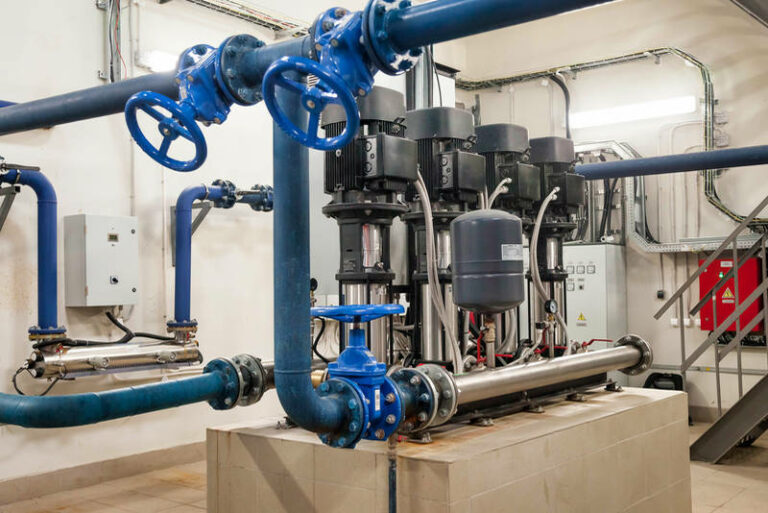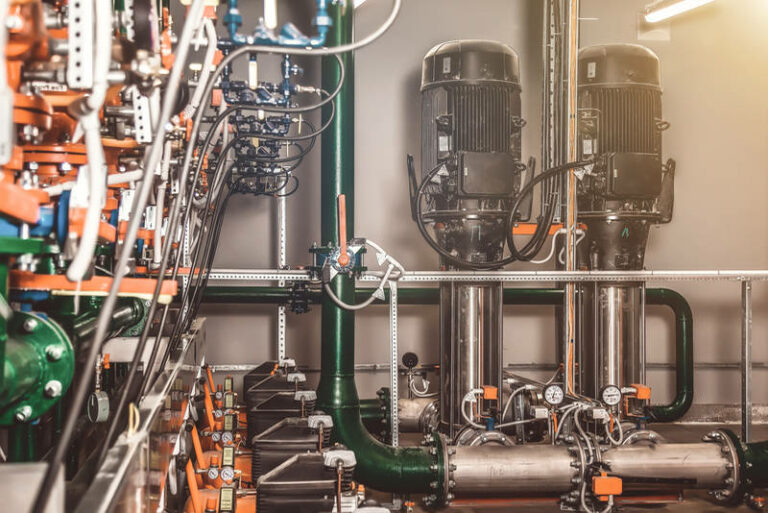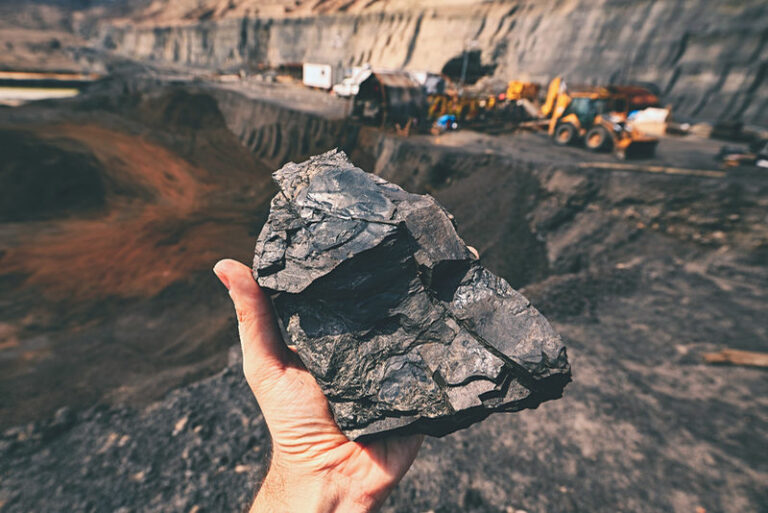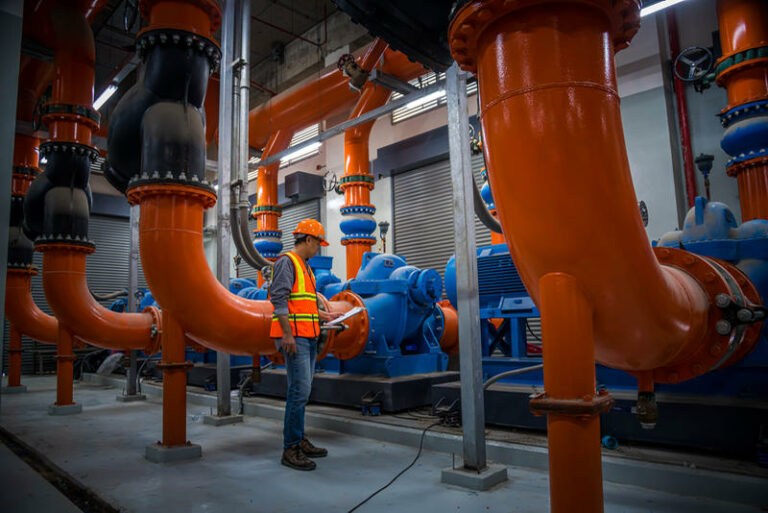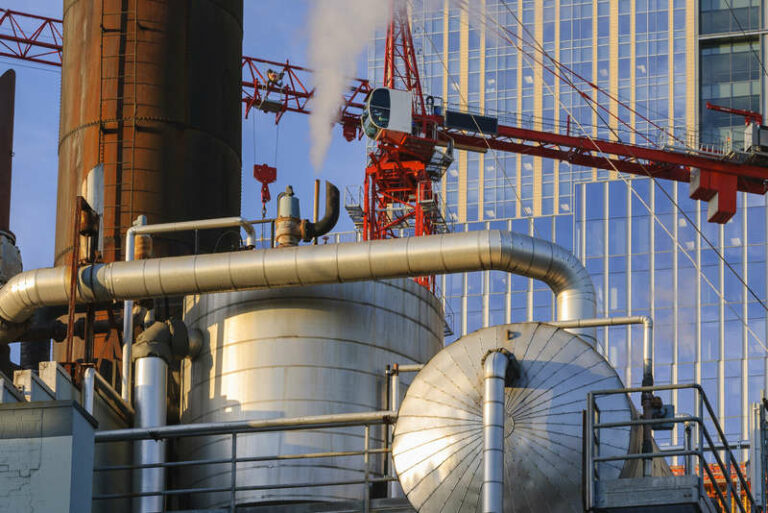Denver Pumps In Colorado Offers Hydra-Cell Pumps
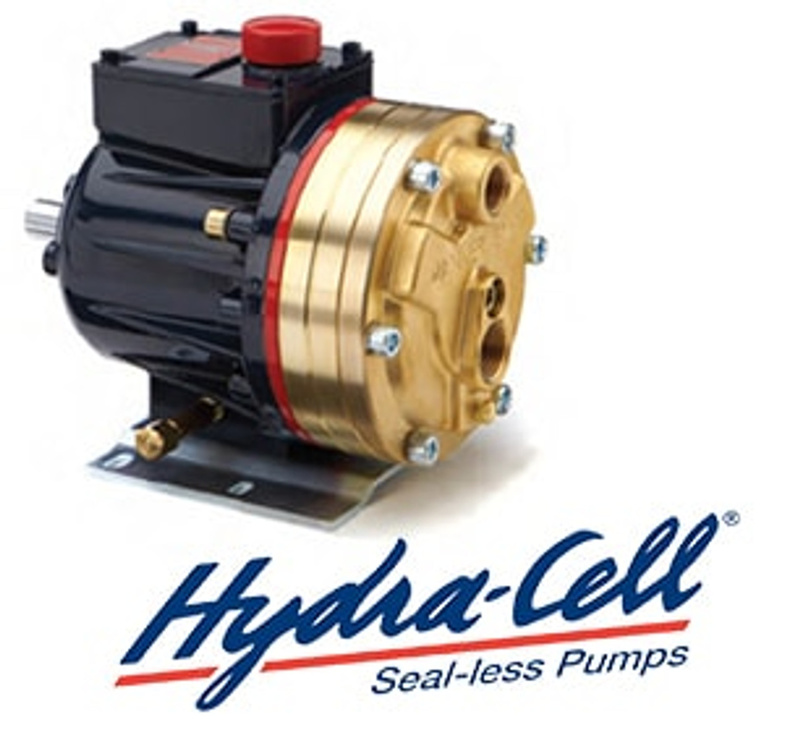
In Colorado’s diverse industrial landscape, reliability, efficiency, and durability are key factors when selecting equipment for applications involving fluid handling. Hydra-Cell pumps have emerged as a popular solution across various industries, offering unique advantages that set them apart from traditional pump technologies. Whether you’re in oil and gas, manufacturing, agriculture, or water treatment, Hydra-Cell pumps can help meet your specific needs.
This comprehensive guide will explore what Hydra-Cell pumps are, how they work, their benefits, common applications, and some frequently asked questions. By the end of this post, you’ll have a deeper understanding of these pumps and why they are an excellent choice for many industries in Colorado.
What Are Hydra-Cell Pumps?
Hydra-Cell pumps are a type of positive displacement pump known for their exceptional versatility and durability. Unlike centrifugal pumps, which rely on rotational motion and kinetic energy to move fluids, these pumps use a flexible diaphragm to create pressure, allowing precise control over fluid flow and handling a wide range of liquids. These pumps are highly efficient and can handle fluids that are corrosive, abrasive, viscous, or laden with solids.
These pumps are especially well-known for being seal-less, which eliminates the risk of leaks or wear at high pressures and provides long-term reliability even in harsh operating environments. This makes them an ideal choice for industries that require pumping abrasive or aggressive fluids that would quickly damage other types of pumps.
How Do They Work?
Hydra-Cell pumps operate on a diaphragm-driven design. Here’s a simplified breakdown of how they work:
The Diaphragm Mechanism: At the core of the pump is a flexible diaphragm that moves back and forth within a chamber. The diaphragm is driven by a piston or mechanical linkage, which is powered by an electric motor or other power sources.
Inlet Stroke: When the diaphragm moves back (retracts), it creates a vacuum, pulling fluid into the pump chamber through an inlet valve.
Discharge Stroke: As the diaphragm moves forward (extends), it pushes the fluid out of the chamber through an outlet valve, creating a continuous flow. This action displaces a precise volume of fluid with each stroke, which is why these pumps are classified as positive displacement pumps.
Seal-less Design: One of the defining features of Hydra-Cell pumps is the absence of seals between the fluid and the pump’s driving mechanism. This seal-less design is a game-changer for handling harsh chemicals, abrasive slurries, and fluids that can degrade seals quickly.
These pumps can handle pressures up to 5,000 psi, making them ideal for high-pressure applications. The design also allows them to pump a wide variety of fluids, including those with solids, without clogging or losing efficiency.
The Benefits of Hydra-Cell Pumps
These pumps offer several key advantages that make them an excellent choice for industrial applications in Colorado:
1. Seal-less Operation
The seal-less design eliminates the risk of leaks, reducing maintenance costs and downtime associated with seal replacement. In traditional pumps with seals, aggressive or abrasive fluids can wear down seals quickly, leading to leaks and system failures. Their innovative design bypasses this issue entirely, making them reliable even in the harshest conditions.
2. Ability to Handle Abrasive and Viscous Fluids
These pumps are highly capable of handling fluids that contain solids, slurries, and even highly viscous fluids. This makes them ideal for industries that require pumping slurries, sludges, or fluids with suspended solids, such as mining, chemical processing, or wastewater treatment.
3. High Efficiency
Hydra-Cell pumps offer excellent energy efficiency due to their precise positive displacement design. They require less energy than centrifugal pumps, especially in high-pressure and high-viscosity applications. This can lead to significant energy savings over time, especially in industries with high energy demands.
4. Pulsation-Free Operation
Hydra-Cell pumps produce minimal pulsation, which ensures a smoother, more consistent flow of fluid. This is important in applications where uniform flow is critical, such as in chemical dosing, spray systems, and coating applications.
5. Low Maintenance and Long Lifespan
Thanks to their simple yet robust design, these pumps are incredibly durable and require minimal maintenance. Without seals or packing to replace, the wear and tear on the pump are significantly reduced, contributing to a longer operational life.
6. Cost-Effectiveness
In addition to lower energy consumption, their pumps offer savings through reduced maintenance and longer pump life. Over time, this leads to lower total cost of ownership compared to traditional pump technologies that require frequent repairs and replacements.
Common Applications For These Types Of Pumps
Hydra-Cell pumps are incredibly versatile and are used in a wide range of industries across Colorado. Some common applications include:
1. Oil and Gas Industry
These pumps are widely used in the oil and gas industry for transferring crude oil, injection of chemicals, and managing slurries and wastewater. Their ability to handle highly viscous and abrasive fluids without wearing down makes them ideal for oil field services.
2. Chemical Processing
Hydra-Cell pumps are frequently used in chemical processing plants for metering and dosing chemicals. Their seal-less design ensures that even the most corrosive chemicals can be pumped without risk of leakage or contamination.
3. Water Treatment
In water and wastewater treatment plants, these pumps are used for dosing chemicals, pumping sludges, and handling wastewater containing solid particles. Their ability to handle abrasive fluids and high-pressure environments makes them perfect for this demanding application.
4. Agriculture
In agriculture, Hydra-Cell pumps are used for irrigation, pesticide application, and fertilizer injection. Their high efficiency and reliability make them suitable for large-scale farming operations where consistent flow and minimal maintenance are essential.
5. Mining
The mining industry uses these types of pumps for slurry handling, dewatering operations, and transferring abrasive fluids. These pumps perform exceptionally well in harsh mining environments, where other pumps might fail due to exposure to highly abrasive materials.
6. Manufacturing and Industrial Cleaning
In industrial settings, Hydra-Cell pumps are commonly used for cleaning applications, such as high-pressure washing and surface preparation. Their high pressure and pulsation-free flow make them ideal for these tasks.
FAQs About These Pumps
Q: What makes Hydra-Cell pumps different from other diaphragm pumps?
A: Hydra-Cell pumps stand out because of their seal-less design and ability to handle a wide range of fluids, including those with abrasive particles or corrosive properties. Many diaphragm pumps still rely on seals that can wear out, while Hydra-Cell’s design eliminates this problem.
Q: Are Hydra-Cell pumps suitable for high-pressure applications?
A: Yes, their pumps can handle pressures up to 5,000 psi, making them ideal for high-pressure applications like injection, spraying, or transfer in industries like oil and gas and manufacturing.
Q: Can Hydra-Cell pumps handle solid particles in the fluid?
A: Yes, these pumps are capable of handling fluids with solid particles without clogging or damage. Their ability to manage abrasive and particulate-laden fluids makes them ideal for industries like mining and wastewater treatment.
Q: What fluids can be pumped using Hydra-Cell pumps?
A: Hydra-Cell pumps can handle a wide range of fluids, including highly viscous liquids, abrasive slurries, corrosive chemicals, and fluids containing solid particles. This versatility makes them suitable for various industries.
Q: How often do Hydra-Cell pumps need maintenance?
A: Due to their robust design and lack of seals, Hydra-Cell pumps require very little maintenance. Regular checks for wear and tear on the diaphragm and routine cleaning are typically all that is needed, leading to a lower total cost of ownership.
Q: Are Hydra-Cell pumps energy-efficient?
A: Yes, Hydra-Cell pumps are highly energy-efficient, especially when compared to centrifugal pumps in high-pressure or high-viscosity applications. Their positive displacement design ensures precise control over fluid flow, reducing energy consumption.
Q: Can I use Hydra-Cell pumps for metering or dosing applications?
A: Absolutely. These pumps provide precise control over fluid flow, making them an excellent choice for metering or dosing chemicals in applications like water treatment, chemical processing, and agriculture.
Hydra-Cell pumps are a versatile, durable, and energy-efficient solution for many industries in Colorado, ranging from oil and gas to chemical processing and wastewater treatment. Their seal-less design, ability to handle challenging fluids, and minimal maintenance requirements make them an excellent choice for businesses looking to enhance operational efficiency and reduce costs.
Whether you need a reliable pump for handling abrasive slurries in mining or precision dosing in chemical processing, Hydra-Cell pumps offer the flexibility and performance to meet your needs. With a strong track record across multiple industries, Hydra-Cell pumps are a trusted solution for Colorado’s diverse industrial challenges.
You can also reach out to us with any questions you have or ask for a quote.

